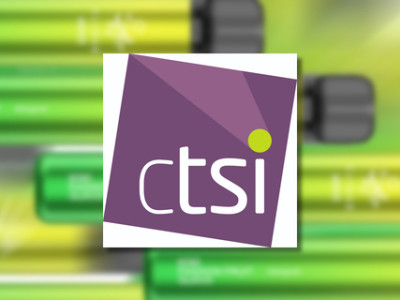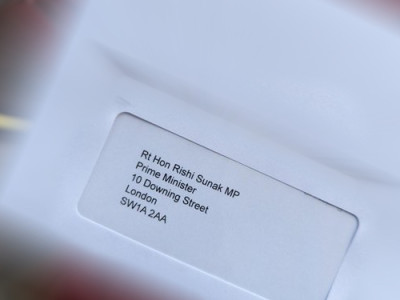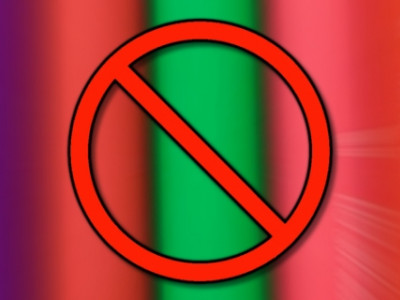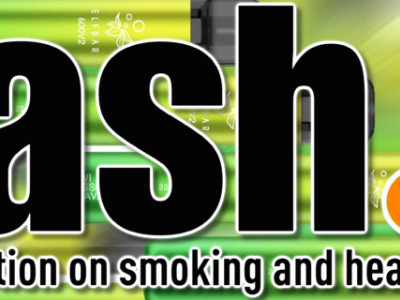Age restrictions, plain packs, aggressive warnings – tobacco control experts have a wealth of harsh measures they wanted to see implemented. Clive comments: “Most of these ideas have not progressed at all. And rightly so, as I argued in a detailed critique, these policies are mostly impractical or excessively coercive and would fail if tried.”
He argues that even staunch tobacco controllers agreed with the notion that measures like reducing nicotine content in tobacco only works if there is a viable alternative to smoking.
Boy, didn’t an alternative arrive in style!
With vaping now firmly entrenched in the global marketplace, Clive queries: “Where is the endgame now? Or maybe the more interesting prior question is: endgame for what? What will end and what, if anything, will continue? Does the endgame mean the end of tobacco and nicotine use? Or is the endgame, as I believe, the final stages of a transition—a shift from an unsustainable to a sustainable nicotine market?”
Clive argues that pre-vaping, tobacco controllers had a simple list they could all subscribe to:
- Reducing disease and premature death
- Eliminating smoking and smoke exposure
- Eliminating tobacco
- Destroying the tobacco industry
- Achieving the nicotine-free society
But now nicotine can be taken without the harmful toxins created from a burning plant, he believes tobacco controllers are being forced to face unpalatable truths – and are having to come to terms with the conflicts in their goals.
“In particular, we are seeing the goal of the “nicotine-free society” coming to the fore, with an increasing stress on nicotine and the inclusion of goals to end nicotine use or “nicotine addiction” where there was previously an aim to pursue the end of smoking or to prevent disease.”
Vaping has created a long-term market for nicotine use, and Clive says, “for some in tobacco control, this is a nightmare vision. This is not the nicotine-free society that has been their ultimate endgame.”
Clive’s full article is linked below.
Related:
- “The Endgame Revisited”, Clive Bates – [link]
Dave Cross
Journalist at POTVDave is a freelance writer; with articles on music, motorbikes, football, pop-science, vaping and tobacco harm reduction in Sounds, Melody Maker, UBG, AWoL, Bike, When Saturday Comes, Vape News Magazine, and syndicated across the Johnston Press group. He was published in an anthology of “Greatest Football Writing”, but still believes this was a mistake. Dave contributes sketches to comedy shows and used to co-host a radio sketch show. He’s worked with numerous vape companies to develop content for their websites.
Join the discussion
Trading Standards Welcomes Clarity
The Chartered Trading Standards Institute says it welcomes the “clarity and action from government to tackle youth vaping” with the plan to ban disposable vapes and related announcements
UKVIA Writes To Sunak
The UKVIA has sent a letter to Prime Minister Rishi Sunak to 'express profound dismay and disappointment' that the government has decided to proceed with a ban on disposable vapes
FOI Shows Disposables Ban Folly
389 Freedom of Information requests made by leading online retailer Vape Club and one by the BBC demonstrate the extent to which a ban on disposable vapes is a complete act of folly
ASH UK’s Coordinated Comment
Action on Smoking and Health has coordinated a series of responses to the Governments proposals to include interested parties












